Pink Lady Slipper Plants Eaten
chervil2
18 years ago
Related Stories
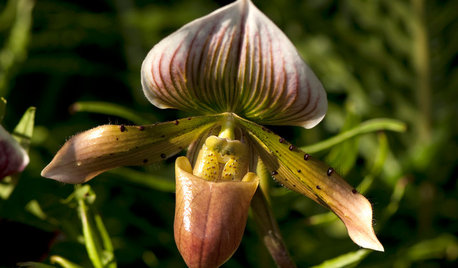
HOUSEPLANTSOrchids 101: Slipper Orchid Success
If you don’t already love Paphiopedilums, learning how to grow them with ease might change your mind
Full Story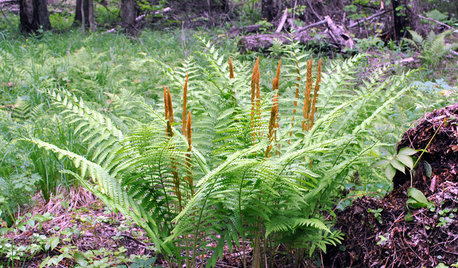
GARDENING GUIDESGreat Design Plant: Osmunda Cinnamomea
Cinnamon fern brings spring interest and summer cool to the shade garden
Full Story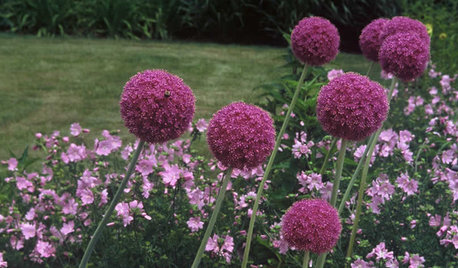
GARDENING GUIDES6 Unsung Bulbs for Fall Planting
Don't hang up your spade after summer — plant these unusual bulbs in fall for a spectacular spring show
Full Story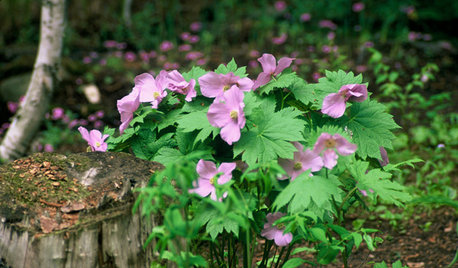
GARDENING GUIDES7 Shade-Loving Rarities of the Plant World
Cultivate a discriminating air in a shady garden patch with these uncommon woodland wonders
Full Story
SAVING WATERGreat Plants for Lush, Low-Water Gardens
Water restrictions making your garden look washed out? Give it living color with unthirsty grasses, flowers and succulents
Full Story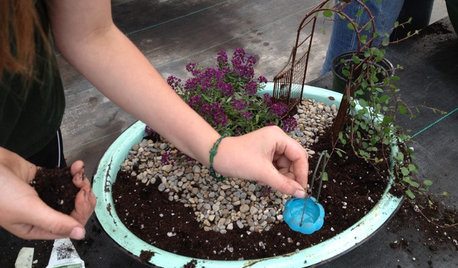
GARDENING GUIDESGardening Fun: Plant a Fairy Garden
It’s hard not to be captivated by the charm of a miniature garden in a pot. Here’s how to make one of your own
Full Story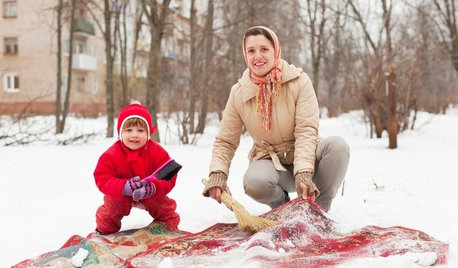
HOMES AROUND THE WORLDHousehold Habits and Customs to Borrow From Other Countries
Discover why salt may be the perfect house-warming gift, how to clean rugs in snow and why you should invest in a pair of ‘toilet slippers’
Full Story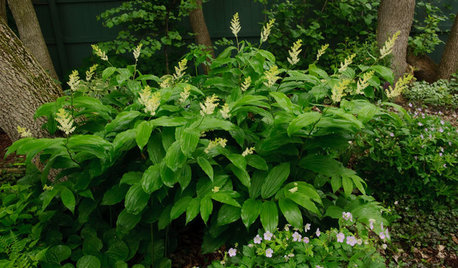
GARDENING GUIDESGarden-Friendly Native Alternatives to Overplanted Exotics
There are lots of gorgeous, wildlife-friendly native plants ready to make an appearance in your garden
Full Story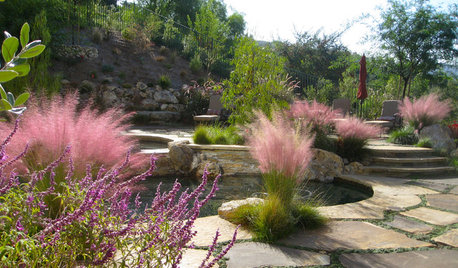
GRASSES10 Ways to Use Ornamental Grasses in the Landscape
These low-maintenance plants can add beauty, texture and privacy to any size garden
Full Story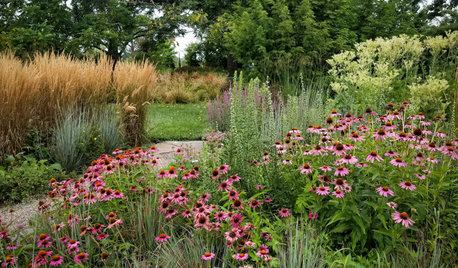
FALL GARDENING20 Favorite Flowers for the Fall Landscape
Vivid blooms and striking shapes make these annuals and perennials a delight in autumn gardens
Full Story





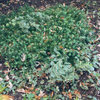
ahughes798
macranthos
Related Professionals
Windham Landscape Architects & Landscape Designers · Glendora Landscape Architects & Landscape Designers · Manhattan Beach Landscape Architects & Landscape Designers · Jackson Landscape Contractors · Choctaw Landscape Contractors · Columbine Landscape Contractors · Dedham Landscape Contractors · Deer Park Landscape Contractors · Annapolis Fence Contractors · Coral Gables Fence Contractors · Monroe Fence Contractors · Whitman Fence Contractors · Milwaukee Siding & Exteriors · Wheeling Siding & Exteriors · Oakville Siding & Exteriorschervil2Original Author
jane7733
vbain